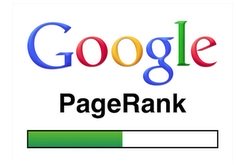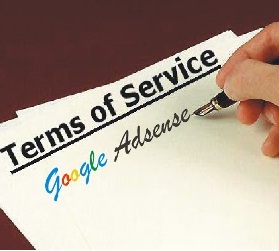If there is one indisputable fact about PageRank is that it will always generate a lot of discussion and debate amongst professional SEO marketers, affiliate marketers, and link builders. It’s always hard to say exactly how Google works and what weight it will currently place on Page Rank when it comes to search engine listings. In fact, Google does not really help to clarify the situation and it seems like they want us to keep guessing so they are always one step ahead in the game.
However, there are a few things that we can say with some certainty when it comes to Page Rank. I thought it would be a good idea to have a quick look at the current myths and realities behind Page Rank, as they stand currently in 2013.
Regarding the definition of Page Rank I will not reinvent the wheel, but simply quote what is stated by Wikipedia, which seems to me quite clear.
“Page Rank or PR is the link analysis contributing to the classification system used Google for web pages in their search engine and to determine the order of search results it provides.”
If there are two points to remember from this definition, then they are the following:
PageRank is a score based on links. Page Rank judges the quality of your “page” and not that of your site. To check for Page Rank you can use a number of tools. For my part, I use SEO Quake extension (on Opera or Firefox), but I’m sure you’ll have no trouble finding another site or tool to display.
But what happens when you get no Page Rank or just a question mark when using these tools? Well this can happen for a number of reasons. Your site could be penalized or the page in question is too recent to see a Page Rank number. It takes time for Page Rank to appear so don’t expect a page to get ranked overnight.
The public Pagerank tends to get updated every 3 to 4 months in general (a little whim of Google), although the Page Rank is probably updated daily every time a new incoming link is detected. You won’t get to see this data, only those engineers at Google who are constantly changing the rules and algorithms of the databases in order to produce valuable search results.
How should you judge Page Rank though, especially if you are trying to build links to your site from high PR websites? Well, in truth, it’s only a guide but is an easy way to evaluate (fairly crudely) the popularity of a site, before you make a decision on whether you ask for a link from that page for example.
Ultimately it is important to remember the following:
- Page Rank is just an indication among others ranking factors.
- It does not judge the quality of a site but its network of links (and for my part, I prefer to develop a partnership with a young and dynamic site regularly updated rather than an older site on the decline)
- Don’t waste your time focusing too much on Page Rank – instead you should build quality content and relationships.
So should you really be worrying about Google Page Rank when it comes to your website? Let me put it this way – what really truly matters about your website is the ROI – or return on investment. This is can be defined quite easily by identifying what the purpose of your website is. This of course, is far easier on a website that sells a product as you can measure sales, but can be a little harder when it comes to informational type content.
The bottom line is that you need to understand what value a visitor brings to you. If you are getting value from your visitors and your website is delivering on the objectives you have set for it, then this is by far and away so much more important than what Google Page Rank you have.
To conclude, don’t waste too much time worrying about Page Rank. Google changes their search engine algorithms on a regular basis, and most of what they do is so secretive that you will never get one step ahead of them. Focus on building relationships, publishing quality and unique content, and the back links and referrals will come – regardless of what your Google Page Rank happens to be.



